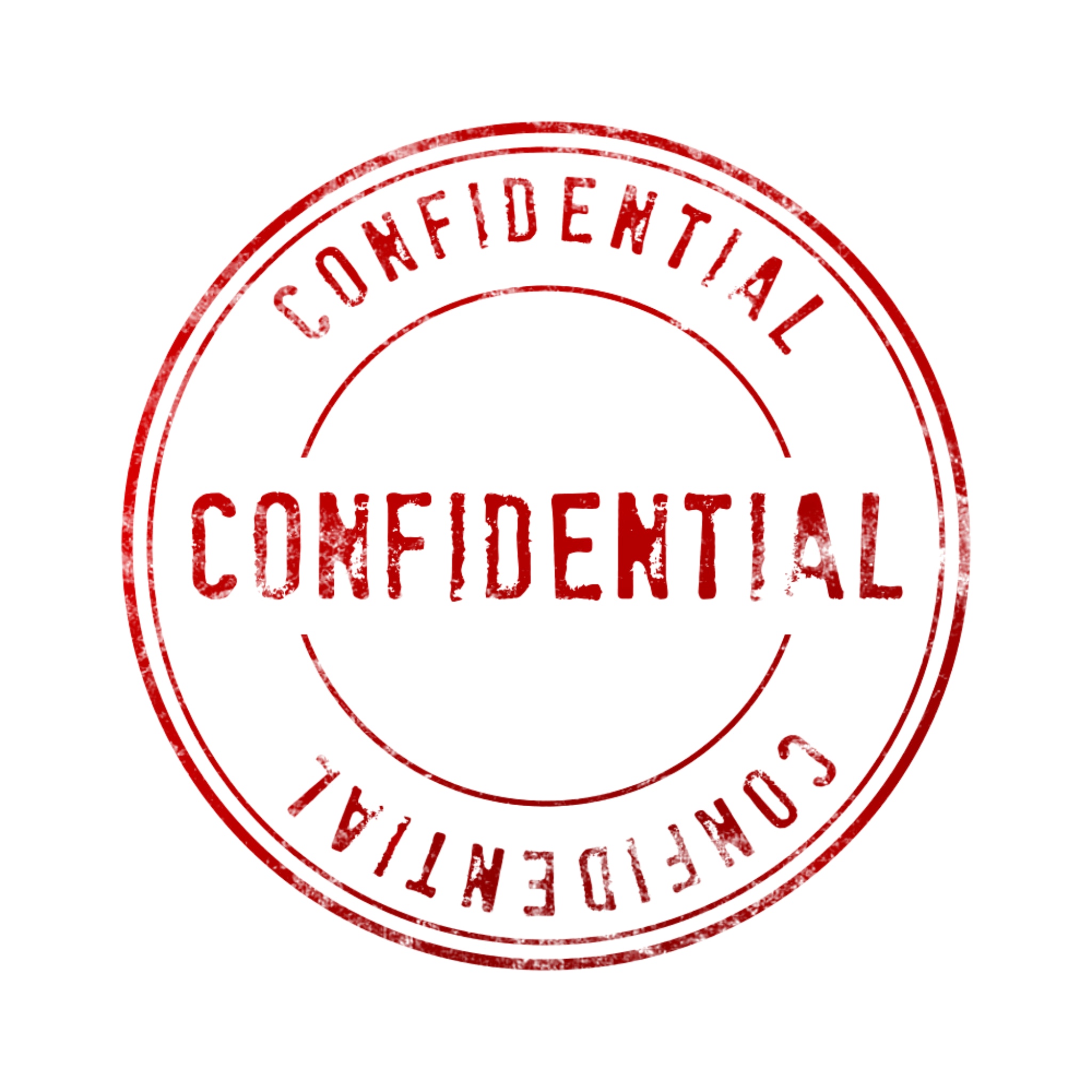What is a Non Disclosure Agreement?
A Non Disclosure Agreement or NDA is a contract between two parties used to protect confidential information when it is shared between them. The Non Disclosure Agreement will primarily define what is considered confidential information and the purpose for which it may be used by the parties.
When are Non Disclosure Agreements used?
Commonly NDA’s are used, when communicating a new business idea to a software developer or advertising agency, when a business is in start-up mode and wants to maintain its first mover advantage.
More established businesses use Non Disclosure Agreements to share sensitive information with potential business partners, investor or a purchaser of a business.
Typically, a Non Disclosure Agreement is a precursor to a contract between two parties. The latter contract once formed will usually include confidential information clauses.
What are the exceptions to Non Disclosure Agreements?
In addition to setting out the obligations of confidence it is also important to consider the exceptions to those obligations. Typical exceptions to the confidentiality obligations include allowing a party to disclose information:
- to their professional advisors including lawyers and accountants;
- to stock exchanges under continuous disclosure rules;
- which was already in the party’s knowledge before entering into the agreement;
- which the other party authorises them to disclose; and
- which subsequently comes into the public domain.
What other protective measures exist in a Non Disclosure Agreement?
Additional protective measures are often included in a Non Disclosure Agreement, these include obligations to:
- secure the information;
- mark it as confidential;
- advise the other party if the confidential information is inadvertently disclosed; and
- return or destroy the confidential information at the other party’s request.
In relation to the final point, care must be taken to allow a party to maintain information which cannot be destroyed such as financial transaction or company minutes.
Where can I get a Non Disclosure Agreement?
Searching the internet will produce a wide array of free Non Disclosure Agreements or Non Disclosure Agreement templates. However, use them at your own peril. I have searched for free Non Disclosure Agreements, while I have found many, I am yet to find one which I would actually use.
Clients often bring me Non Disclosure Agreements from other people which are clearly sourced from the internet. My favourite free Non Disclosure Agreement to date had the governing law clause set out as the law of Korea. I’m not sure if they meant North or South Korea, not that it would have mattered because it was not worth the paper it was printed on.
The truth is, a decent Non Disclosure Agreement is relatively cheap to obtain from a lawyer and will serve your business well into the future. I regularly provide templated versions which can be re-used.
What is the Difference between a Non Disclosure Agreement and a Non Disclosure Deed?
The fact is every NDA I produce is a Non Disclosure Deed not a Non Disclosure Agreement. That’s a topic for another post and another reason why a free Non Disclosure Deed sourced form the internet is dangerous.
 Michael Barber
Michael Barber
BSc, Grad Dip IT, Grad Cert Bus Admin, MAcct, LLB(Hons), GDLP, MQLS, FGIA.
Commercial, Corporate and Technology Lawyer
Contact Michael here or call on 07 3356 1245.
Read more about Non Disclosure / Confidentiality documents:
- T Lawyers Brisbane
- Startup Lawyers Brisbane
- Confidentiality Agreements
- Protecting Confidential Information
- Brisbane Technology Lawyers – What is the difference between a Non Disclosure Agreement and a Non Disclosure Deed?
- Do you need an Australian Confidentiality Agreement (Deed) or Non Disclosure Deed?
- Brisbane Technology Lawyers – What is contained in a standard confidentiality agreement for Australia?

